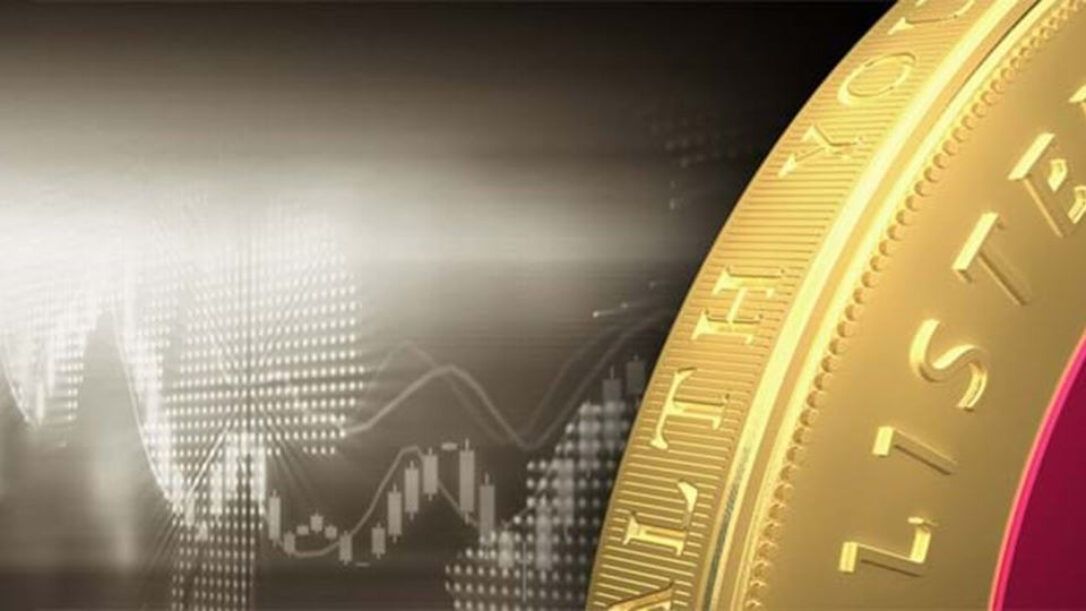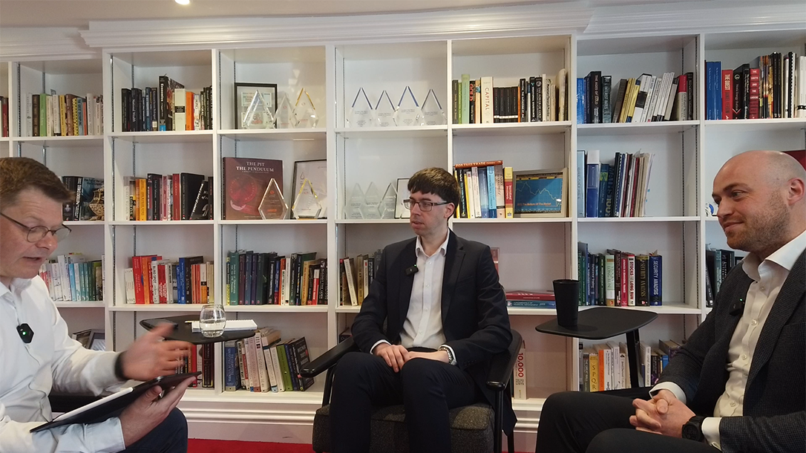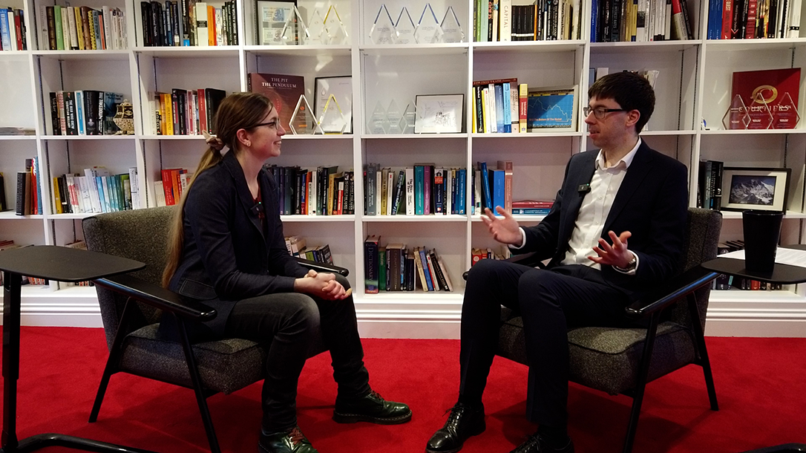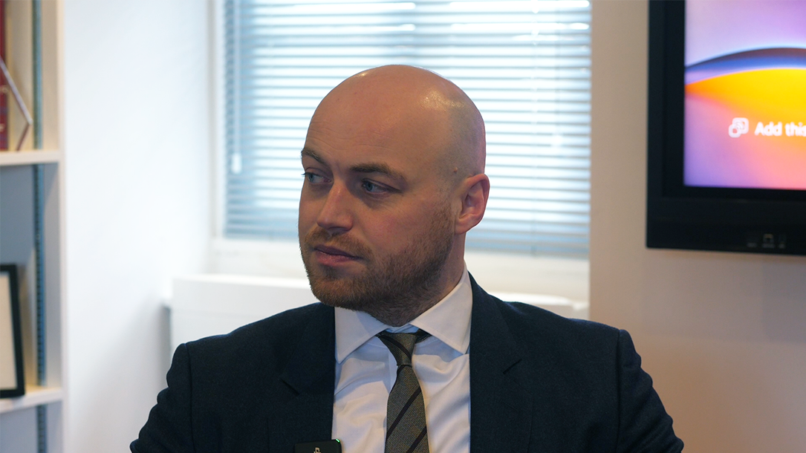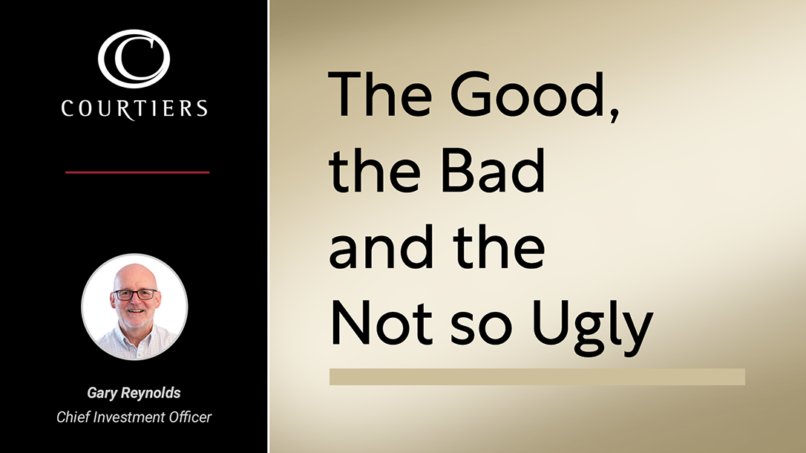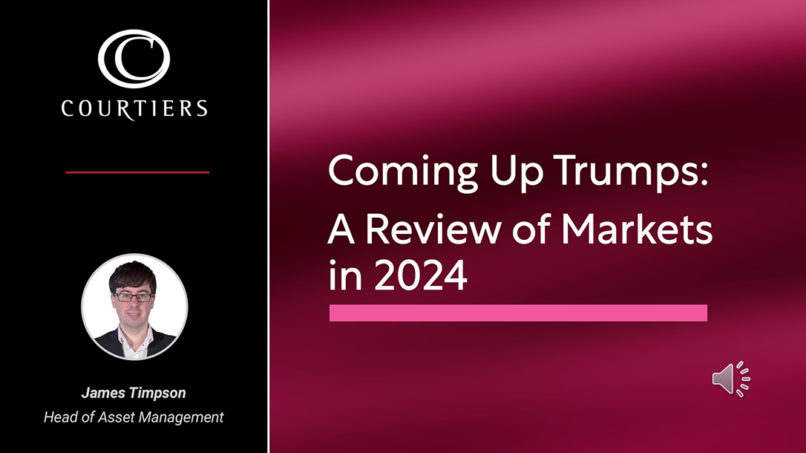The aftermath of the UK’s decision to leave the European Union continued to dominate the headlines last month. The Conservative leadership contest came to a premature conclusion as the likes of Michael Gove and Andrea Leadsom withdrew their campaigns, paving the way for former Home Secretary Theresa May to succeed David Cameron as Prime Minister of the UK. May’s cabinet includes Boris Johnson as Foreign Secretary and David Davis as ‘Brexit’ Secretary. Philip Hammond has succeeded George Osborne as Chancellor of the Exchequer.
Elsewhere in the UK, the unemployment rate has fallen to its lowest level since 2005. According to the Office for National Statistics, between March and May 2016 the proportion of the labour force that was unemployed was 4.9%, down from 5.6% a year earlier. UK inflation, measured by the Consumer Prices index (CPI), was 0.5% in the year to June 2016. This is the joint-highest level the CPI has reached since the end of 2014. The main contributors to the rise in prices were air fares, motor fuels and recreational goods and services.
In the US, the two main political parties held their National Conventions. Donald Trump was officially announced as the Republican Party’s presidential nominee while Democratic nominee Hillary Clinton became the first woman to secure backing of a major American political party. The US election will take place in November.
Japanese gaming giant Nintendo saw its biggest ever share price movements last month following the release of mobile game Pokémon Go. The company’s stock increased in value by 25% in a single day during the release, and doubled over the course of less than two weeks. However the price dropped back when Nintendo announced that the game would have a limited impact on its results.
July was a strong month for developed markets. In the UK, the FTSE 100 index rose +3.44%, while the FTSE 250 (ex IT) index amassed +6.25% and the FTSE Small Cap (ex IT) index surged +7.18%. In the US, the S&P 500 index grew +3.69%. European equities recovered from the Brexit shock, as the Eurostoxx 50 index climbed +4.55%. In Japan, the Topix 100 index gathered +6.18%.
Emerging market returns were also positive. The MSCI EM (Emerging Markets) index saw an increase of +4.29%. Chinese equities, represented by the MSCI China index, gained +3.52% while Latin American equities, measured by the MSCI EM Latin America GR index, rose +6.59%. The IISL Nifty index, which measures Indian equity returns, increased +4.23%.
Global bond markets also had a strong month. UK government bonds, measured by the FTSE Gilts All Stocks index, returned +2.02% while long dated (over 15 years to maturity) gilts picked up +3.58%. In the corporate market, European corporate bonds, measured by the Markit iBoxx Euro Corporates index, grew +1.74% and sterling denominated corporate bonds, measured by the Markit iBoxx Sterling Corporates index, lifted +5.22%. High yield returns were also positive, as the Bank of America Merrill Lynch Euro High Yield index and the Bank of America Merrill Lynch Sterling High Yield index appreciated by +2.24% and +3.55% respectively. Emerging Market sovereign debt, measured by the JP Morgan EMBI Global index, improved by +1.56%.
Commodities meanwhile had a mixed month. The S&P GSCI index, which consists of a basket of commodities including oil, metals and agricultural items, dropped -9.57%. Oil was the big faller, as the Brent Oil Price Brent Crude PR index plummeted -14.53%. The precious metals fared better, as the S&P GSCI Gold and Silver indices returned +2.25% and +9.28% respectively. The agricultural markets had another volatile month, with corn and wheat losing -7.68% and -8.47% respectively.
In the foreign exchange markets, the pound continued to decline against most major currencies, albeit less drastically. The US dollar appreciated against the pound by 0.68%, while the euro gained +1.35% and the yen picked up +0.79%.

